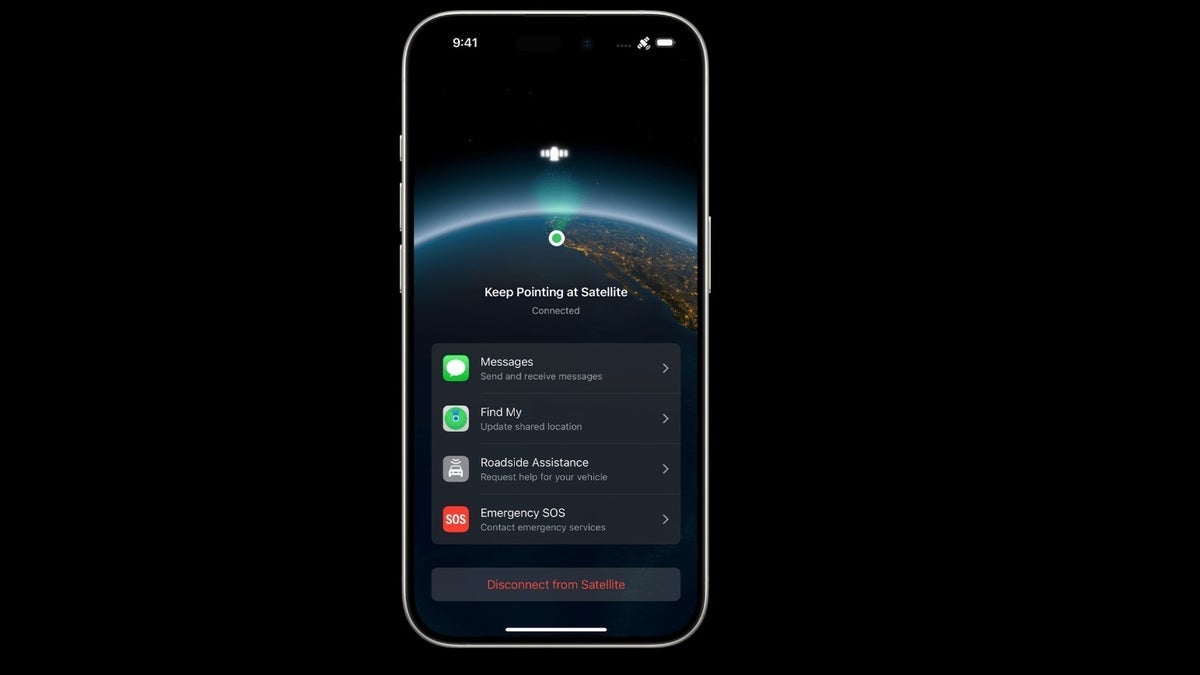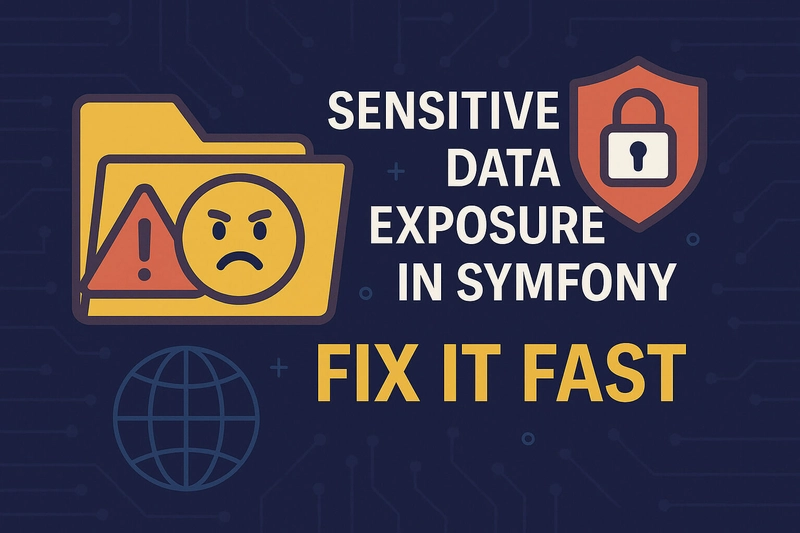Why You Should Care About Proxy Server
In an age where cyber threats are a daily concern and online privacy is increasingly fragile, knowing how to protect yourself is critical. Enter the proxy server: a small but powerful tool that acts as your gateway to a safer, faster, and more private internet experience. So, what exactly is a proxy server? Let’s break it down and understand why it’s a game changer for anyone looking to browse with confidence. The Definition of Proxy Server A proxy server is like a middleman between you and the vast internet. When you send a request to access a website, instead of going directly from your device to the site, the request is routed through the proxy. The proxy then sends the request to the website, retrieves the data, and sends it back to you. Think of it like a personal assistant handling all your requests — it protects you, speeds things up, and keeps you anonymous. For beginners, the idea of a proxy server might seem abstract. But it’s easier to grasp when you compare it to something simple. Imagine sending a letter to a friend through a post office (the proxy). The post office forwards it to the right destination and delivers the response. This indirect path gives the proxy server a chance to work its magic — improving security, boosting privacy, and making things faster. Understanding the Different Types of Proxies Not all proxies are the same. Choosing the right one depends on what you’re trying to achieve. Here’s a rundown of the most common types: Forward Proxy This is your standard, everyday proxy. When you make a request to a website, it goes through the forward proxy first. The proxy then forwards your request to the internet. Forward proxies are often used in corporate settings to monitor internet use and block inappropriate content. They can also enhance security by filtering traffic and keeping an eye on what users are accessing. Reverse Proxy A reverse proxy is used by websites, not individuals. When a user tries to access a site, the reverse proxy handles the request instead of the actual web server. The reverse proxy forwards the request to the correct web server. It’s great for load balancing — spreading the incoming traffic across several servers so that no one server gets overwhelmed. The result? A smoother browsing experience for all users. Transparent Proxy Transparent proxies are less intrusive. They don’t alter or filter traffic — they just pass it through. They’re often used for caching purposes or monitoring network traffic. Think of them as a middleman that doesn’t interfere, but just ensures things keep moving smoothly. Why Proxy Servers Are Important Fortifying Your Security The internet is filled with threats: malware, phishing, and dangerous websites just waiting to attack. A proxy server stands between you and these risks, acting as a filter. When you try to visit a shady site, the proxy steps in and blocks it before you even get the chance. This extra layer of defense keeps you safe from harmful content and attacks. Plus, proxies can encrypt your data. So, if you're entering sensitive information like login details, you can rest assured that hackers won’t be able to intercept it. Improving Your Privacy and Anonymity Ever feel like you're being watched online? Proxies can help you regain your privacy. When you connect to a website through a proxy, your real IP address is hidden. Instead, the site only sees the proxy’s IP. This keeps your browsing habits more private and makes it harder for third parties to track your every move. But there’s more. Let’s say you’re trying to access content that’s blocked in your country, like certain streaming services. By using a proxy server located in another country, you can appear as if you're browsing from that location. Enhancing Speed and Performance Slow internet? No one’s got time for that. A proxy can cache — or store — frequently accessed content. This means instead of requesting the same website data every time you visit, the proxy pulls it from its cache, saving time and bandwidth. The result? Faster browsing. For businesses, this is a huge win. Employees who access the same websites regularly can enjoy smoother, quicker internet. And companies can reduce bandwidth consumption, ultimately improving productivity. Practical Applications of Proxies Now, let’s dive into how proxies are actually used in the real world: Keeping Businesses Secure For businesses, proxies are a critical part of the security infrastructure. They act as a guard, ensuring employees don’t visit harmful sites. They also help monitor online activity, preventing any data leaks and reducing the risk of a cyber attack. Evading Geographic Restrictions Streaming services love to block content based on your location. But with a proxy, you can bypass these restrictions. Need to watch a show that’s only available in another country? Use a proxy server located there, and it’ll appear as if you’re browsing from that country. P

In an age where cyber threats are a daily concern and online privacy is increasingly fragile, knowing how to protect yourself is critical. Enter the proxy server: a small but powerful tool that acts as your gateway to a safer, faster, and more private internet experience. So, what exactly is a proxy server? Let’s break it down and understand why it’s a game changer for anyone looking to browse with confidence.
The Definition of Proxy Server
A proxy server is like a middleman between you and the vast internet. When you send a request to access a website, instead of going directly from your device to the site, the request is routed through the proxy. The proxy then sends the request to the website, retrieves the data, and sends it back to you. Think of it like a personal assistant handling all your requests — it protects you, speeds things up, and keeps you anonymous.
For beginners, the idea of a proxy server might seem abstract. But it’s easier to grasp when you compare it to something simple. Imagine sending a letter to a friend through a post office (the proxy). The post office forwards it to the right destination and delivers the response. This indirect path gives the proxy server a chance to work its magic — improving security, boosting privacy, and making things faster.
Understanding the Different Types of Proxies
Not all proxies are the same. Choosing the right one depends on what you’re trying to achieve. Here’s a rundown of the most common types:
Forward Proxy
This is your standard, everyday proxy. When you make a request to a website, it goes through the forward proxy first. The proxy then forwards your request to the internet. Forward proxies are often used in corporate settings to monitor internet use and block inappropriate content. They can also enhance security by filtering traffic and keeping an eye on what users are accessing.
Reverse Proxy
A reverse proxy is used by websites, not individuals. When a user tries to access a site, the reverse proxy handles the request instead of the actual web server. The reverse proxy forwards the request to the correct web server. It’s great for load balancing — spreading the incoming traffic across several servers so that no one server gets overwhelmed. The result? A smoother browsing experience for all users.
Transparent Proxy
Transparent proxies are less intrusive. They don’t alter or filter traffic — they just pass it through. They’re often used for caching purposes or monitoring network traffic. Think of them as a middleman that doesn’t interfere, but just ensures things keep moving smoothly.
Why Proxy Servers Are Important
Fortifying Your Security
The internet is filled with threats: malware, phishing, and dangerous websites just waiting to attack. A proxy server stands between you and these risks, acting as a filter. When you try to visit a shady site, the proxy steps in and blocks it before you even get the chance. This extra layer of defense keeps you safe from harmful content and attacks.
Plus, proxies can encrypt your data. So, if you're entering sensitive information like login details, you can rest assured that hackers won’t be able to intercept it.
Improving Your Privacy and Anonymity
Ever feel like you're being watched online? Proxies can help you regain your privacy. When you connect to a website through a proxy, your real IP address is hidden. Instead, the site only sees the proxy’s IP. This keeps your browsing habits more private and makes it harder for third parties to track your every move.
But there’s more. Let’s say you’re trying to access content that’s blocked in your country, like certain streaming services. By using a proxy server located in another country, you can appear as if you're browsing from that location.
Enhancing Speed and Performance
Slow internet? No one’s got time for that. A proxy can cache — or store — frequently accessed content. This means instead of requesting the same website data every time you visit, the proxy pulls it from its cache, saving time and bandwidth. The result? Faster browsing.
For businesses, this is a huge win. Employees who access the same websites regularly can enjoy smoother, quicker internet. And companies can reduce bandwidth consumption, ultimately improving productivity.
Practical Applications of Proxies
Now, let’s dive into how proxies are actually used in the real world:
Keeping Businesses Secure
For businesses, proxies are a critical part of the security infrastructure. They act as a guard, ensuring employees don’t visit harmful sites. They also help monitor online activity, preventing any data leaks and reducing the risk of a cyber attack.
Evading Geographic Restrictions
Streaming services love to block content based on your location. But with a proxy, you can bypass these restrictions. Need to watch a show that’s only available in another country? Use a proxy server located there, and it’ll appear as if you’re browsing from that country. Problem solved.
Controlling Bandwidth
Proxies help manage bandwidth usage. By caching frequently visited websites, they can reduce the need to download the same data repeatedly, improving speed and conserving bandwidth. This is particularly beneficial for businesses or ISPs managing a large number of users.
Potential Drawbacks to Keep in Mind
While proxies are powerful, they come with their own set of challenges:
Slower Speeds: If too many people are connected to the same proxy, or if the proxy is misconfigured, it can cause slowdowns. It's similar to a traffic jam with too many cars on the road.
Misconfigurations: If proxies aren’t set up correctly, they can introduce security risks or cause other issues. Make sure your proxy is configured properly to avoid headaches.
Conclusion
Proxy servers are invaluable tools for anyone who wants to secure their online presence, maintain privacy, or improve browsing speed. From protecting personal data to managing internet traffic in a business setting, proxies play a crucial role in today’s digital world.
Understanding how proxies work — and the different types available — gives you the power to decide how to best incorporate them into your internet routine. Whether you’re safeguarding your privacy, unlocking geo-restricted content, or optimizing your network, a proxy server can make a world of difference.
So next time you're browsing the web, keep in mind that there’s an invisible world of proxies working behind the scenes, enhancing your online experience by making it faster, safer, and more secure.






























































































































































![[The AI Show Episode 143]: ChatGPT Revenue Surge, New AGI Timelines, Amazon’s AI Agent, Claude for Education, Model Context Protocol & LLMs Pass the Turing Test](https://www.marketingaiinstitute.com/hubfs/ep%20143%20cover.png)















































































































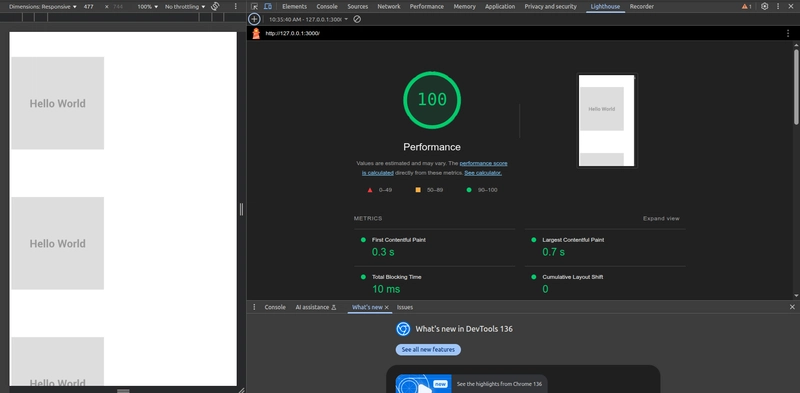











![[FREE EBOOKS] AI and Business Rule Engines for Excel Power Users, Machine Learning Hero & Four More Best Selling Titles](https://www.javacodegeeks.com/wp-content/uploads/2012/12/jcg-logo.jpg)














































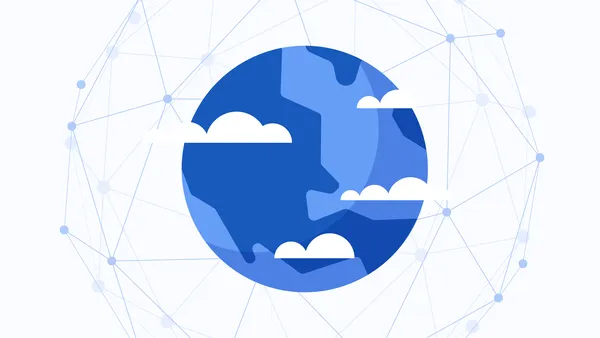































































































 CISO’s Core Focus.webp?#)







































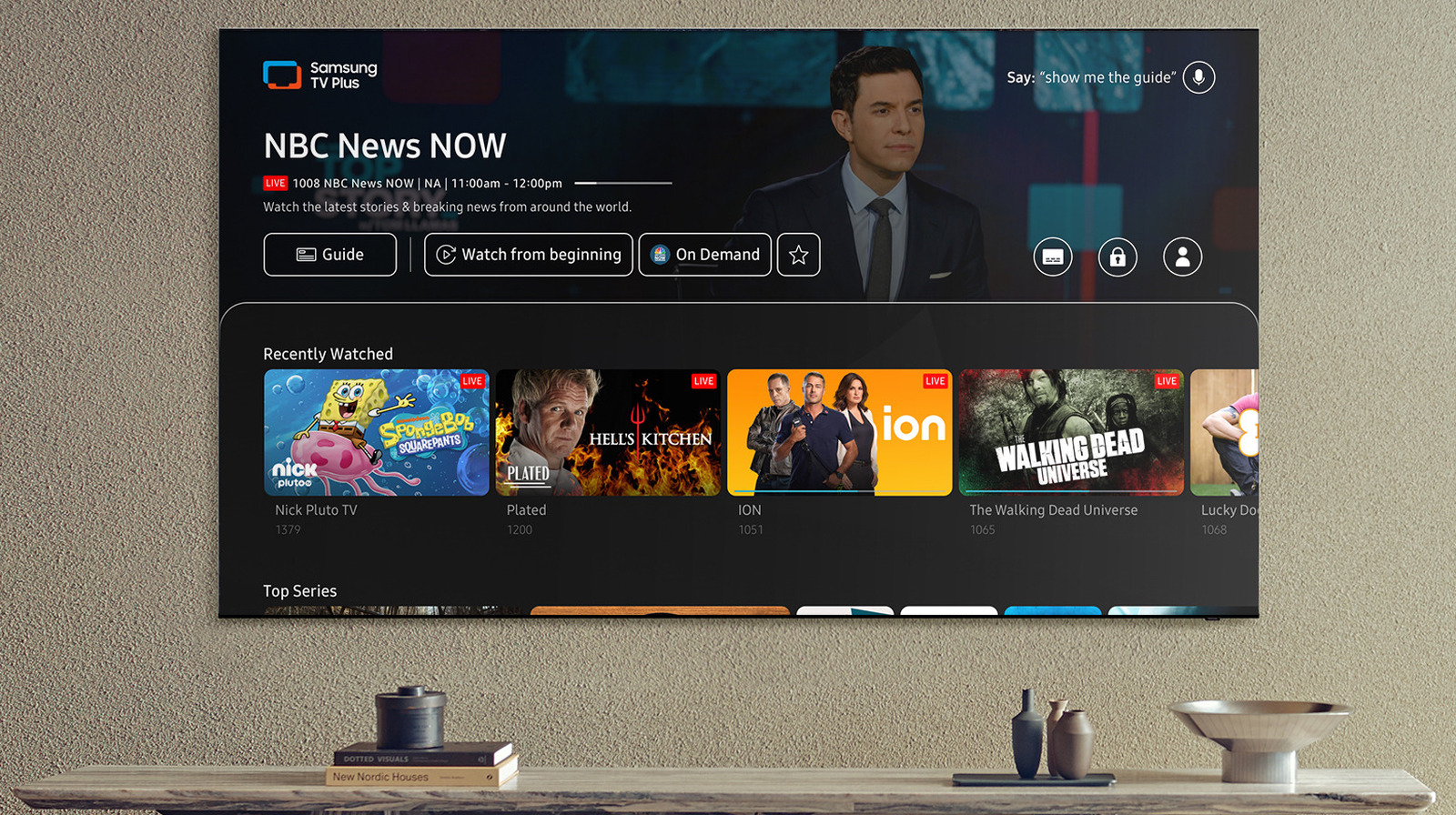











































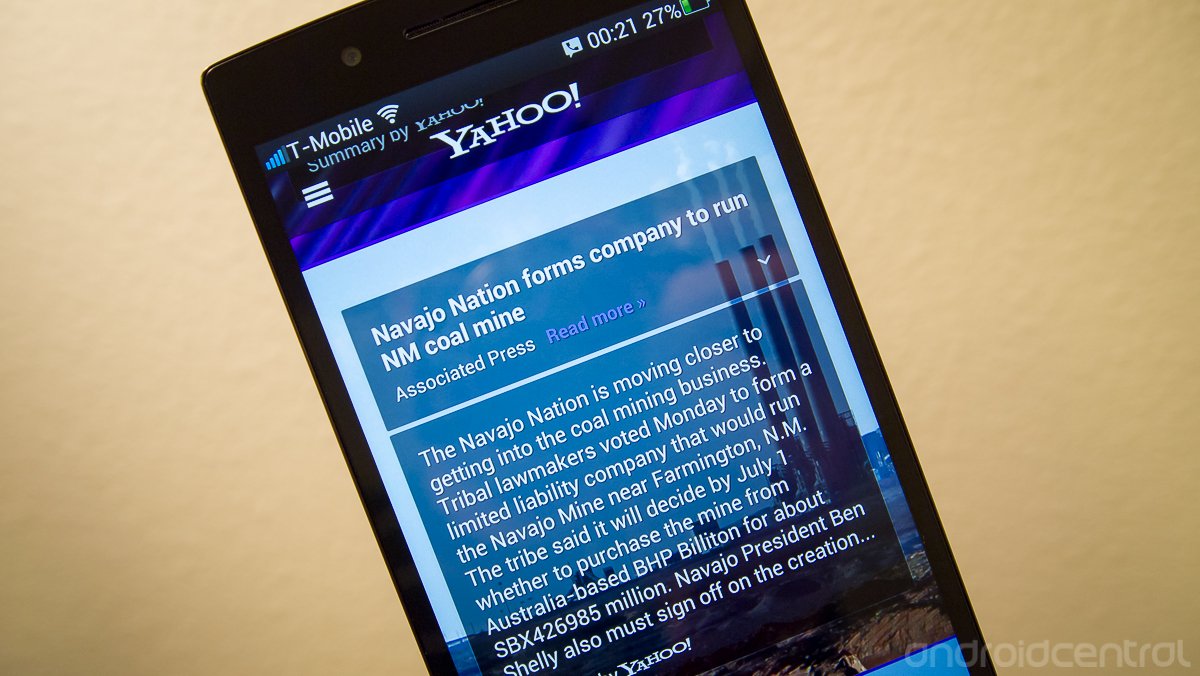





![Hostinger Horizons lets you effortlessly turn ideas into web apps without coding [10% off]](https://i0.wp.com/9to5mac.com/wp-content/uploads/sites/6/2025/04/IMG_1551.png?resize=1200%2C628&quality=82&strip=all&ssl=1)




![This new Google TV streaming dongle looks just like a Chromecast [Gallery]](https://i0.wp.com/9to5google.com/wp-content/uploads/sites/4/2025/04/thomson-cast-150-google-tv-1.jpg?resize=1200%2C628&quality=82&strip=all&ssl=1)











![iPadOS 19 May Introduce Menu Bar, iOS 19 to Support External Displays [Rumor]](https://www.iclarified.com/images/news/97137/97137/97137-640.jpg)

![Apple Drops New Immersive Adventure Episode for Vision Pro: 'Hill Climb' [Video]](https://www.iclarified.com/images/news/97133/97133/97133-640.jpg)


















































